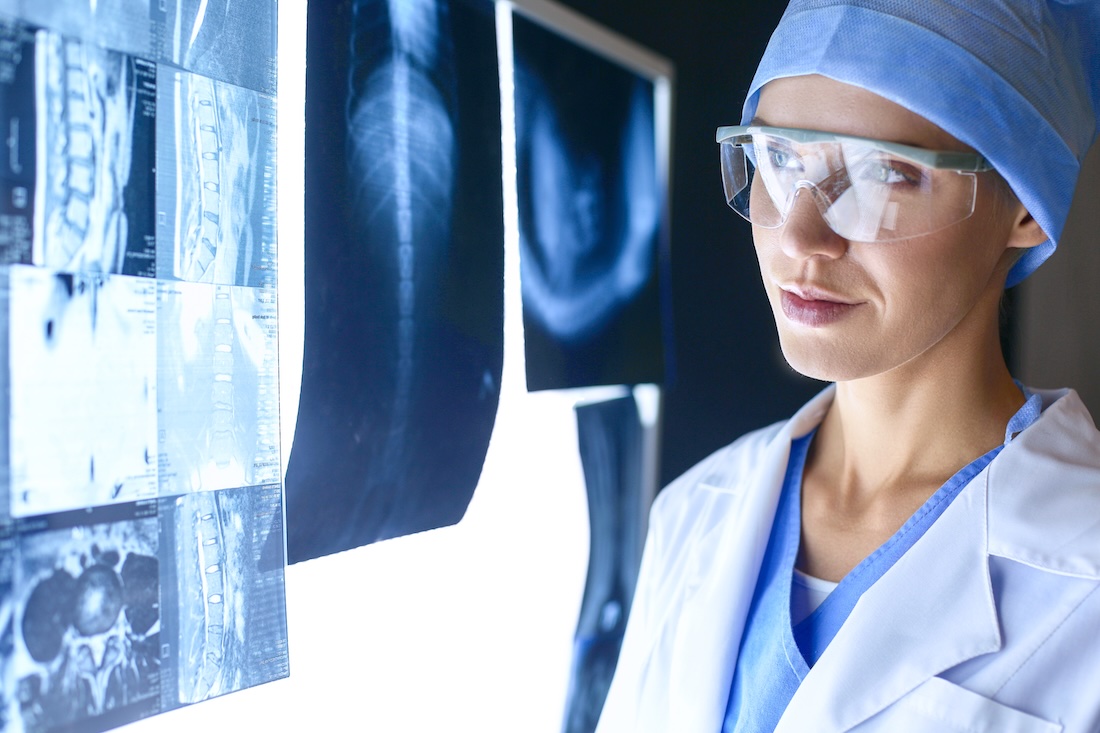What Are the Areas of Specialty for a Radiology Technologist?
If you’re a radiology technologist — or training to become one — you might be wondering what’s next. What areas can you specialize in? What paths lead to more hands-on procedures or more in-depth imaging?
Radiology is more than just a job title. It’s a field filled with diverse specialties, each playing a significant role in patient diagnosis and care.
Whether you’re just entering the field or exploring new opportunities, knowing your possibilities is the first step toward building a career that fits your goals and strengths.
Core Specialties for Radiology Technologists
Core specialties are the bedrock of a radiologic technologist’s career. These are the high-demand roles that form the backbone of clinical imaging in hospitals, urgent care centers, and outpatient facilities.
Most technologists start here — and many choose to stay — because these modalities offer essential skills, strong job stability, and a wide range of clinical applications.
If you’re looking for a role with impact and room to grow, mastering a core specialty is a smart move.
X-Ray Technologist (Radiographer)
X-ray technologists, also known as radiographers, are on the front line of diagnostic imaging. They operate X-ray equipment to capture images of the skeletal system, chest, and abdomen.
Key Features:
- Fast-paced and often used in emergency settings
- Requires precise positioning and radiation safety
- Common in hospitals, urgent care, and outpatient clinics
This specialty is ideal for technologists who enjoy routine imaging and working closely with patients of all ages.
MRI Technologist
MRI technologists train in magnetic resonance imaging — a process that relies on a combo of radio waves and magnetic fields to record images of organs and tissues.
Unique Advantages:
- No radiation exposure
- Produces highly detailed soft tissue images
- Evaluates the brain, spine, joints, and internal organs
MRI techs often work in quieter, focused environments and must excel at patient communication due to longer scan times and confined spaces.
CT Technologist
CT technologists perform computed tomography scans that produce cross-sectional images, offering more detail than standard X-rays.
What Sets It Apart:
- Combines X-ray tech knowledge with advanced software skills
- Frequently used for trauma assessments and cancer screenings
- Often integrated with contrast dyes to enhance visibility
Technologists in this field must be comfortable with fast-paced scenarios and have a solid understanding of complex anatomy.
Ultrasound Technologist (Sonographer)
Unlike most imaging specialties, ultrasound doesn’t rely on radiation. Instead, it uses high-frequency sound waves to visualize organs and tissues.
Top Applications:
- Obstetric and fetal monitoring
- Abdominal and vascular imaging
- Cardiac echo (echocardiography)
Ultrasound technologists must develop keen spatial awareness to ensure excellent results, particularly in specialties such as vascular or cardiac sonography.
Advanced Specialties in Radiologic Technology
Once you’ve built a strong foundation in general imaging, advanced specialties open the door to even more focused, high-impact roles.
These areas often require additional certification or training, but the payoff is clear: deeper expertise, greater autonomy, and the chance to work on more complex procedures and technologies.
If you’re looking to elevate your career or make a bigger clinical impact, these specialties are where you can stand out.
Mammography Technologist
Mammography technologists focus on breast imaging, helping to detect breast cancer at its earliest stages.
Why It Matters:
- Often the first line of defense in cancer detection
- Requires additional certification beyond general radiography
- Involves routine screening and diagnostic follow-up
Empathy and professionalism are vital in this specialty, as many patients may be anxious or facing challenging diagnoses.
Nuclear Medicine Technologist
This specialty involves using small amounts of radioactive material to evaluate organ function and structure.
Core Responsibilities:
- Preparing and administering radiopharmaceuticals
- Operating gamma cameras and PET scanners
- Interpreting functional images rather than anatomical ones
Nuclear medicine techs often work closely with physicians to track how a patient’s body responds to treatments.
Interventional Radiology Technologist
Interventional radiology technologists assist in minimally invasive procedures that use imaging for guidance, such as biopsies, stent placements, and catheter insertions.
Distinct Features:
- Combines diagnostic imaging with hands-on procedural work
- Involves sterile field techniques and real-time imaging
- High degree of collaboration with physicians and nurses
This field is well-suited for techs who want a hybrid of surgical assistance and imaging.
Explore Your Radiology Specialty with Lucid
Each of these specialties brings something unique to the table — from the fast-paced action of CT to the precision of ultrasound.
Whether you’re looking to deepen your expertise or explore a new path, there’s a radiologic specialty that aligns with your career goals.
At Lucid Staffing, we connect radiology technologists with opportunities that fit their skill set, lifestyle, and passion.
Explore open roles to find your next assignment.



